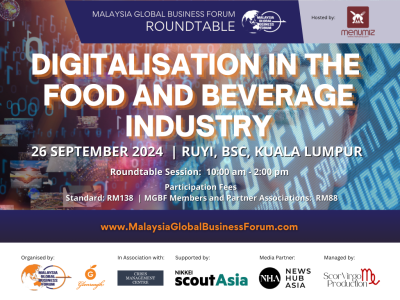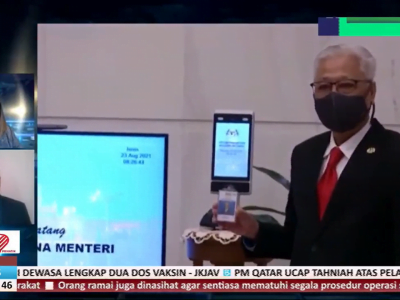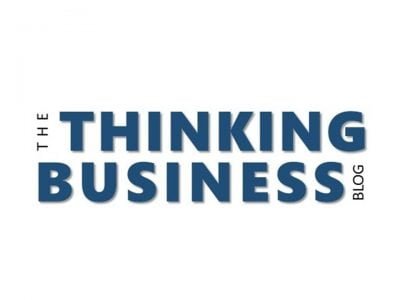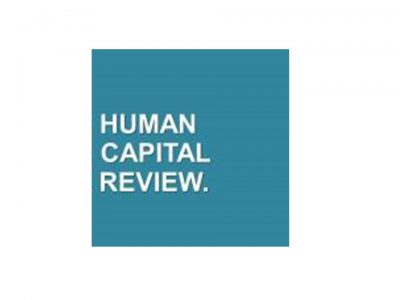Six tips to help you safeguard against information overload
 The number of tasks that your brain can perform simultaneously is limited. If our brain is overwhelmed with information, it will partially shut down and become ‘blind’ to all the information it cannot process.For example, you are driving your car and talking to your friend on the phone at the same time. Suddenly a dangerous traffic situation comes up and requires your immediate and full attention: you will almost automatically stop talking and listening.
The number of tasks that your brain can perform simultaneously is limited. If our brain is overwhelmed with information, it will partially shut down and become ‘blind’ to all the information it cannot process.For example, you are driving your car and talking to your friend on the phone at the same time. Suddenly a dangerous traffic situation comes up and requires your immediate and full attention: you will almost automatically stop talking and listening.
Only when you have resolved the traffic situation and are driving again on ‘auto-pilot’, will you be able to pick up the conversation. By drowning you in (ir)relevant information, the chance that you miss an important detail becomes bigger, which is exactly what shrewd marketeers try to achieve.
If you are not interested enough, you will likely walk away, in order to free yourself from the information overload and the stress on your brain. But if you are really interested in the product (say your fridge is broken and you immediately need a new one), you will skip all the details and focus on the main thing: the price.
The details that you missed turn up later to bite you in the wallet: a short guarantee period, high delivery costs, or high electricity consumption).
Information overload happens when you have to plough through a 40 page employment contract, when you buy a car or phone, but it is also prevalent in financial products. For example, the “Product Disclosure Sheet” that every bank is required to publish for its credit cards and loans does a great job in giving you all the information: the different interest rates based on your payment history, cash advance fees, replacement fees, annual fees, supplementary card fees, foreign exchange fees, balance transfer fees, additional statement request fee, etc.
But by giving you all the information, it is actually harder to discover and focus on the most relevant pieces of information: interest rate and annual fee. Another example: a large billboard tells you a certain credit card gives you 8% cash back. Great! But the fine print at the bottom informs you, that you have to activate the category by calling a number, the cashback only applies during the weekend, after you spend at least RM2,000 per month on the card, is only given when you shop at certain suppliers and the maximum cashback given cannot exceed RM10 per month.
Too much information! Your brain cannot handle it and what will you end up remembering? The 8% cashback, even though your actual cashback will be much lower.
How can you guard against information overload? These six tips will help you:
 1) Realise that the seller is trying to confuse you.
1) Realise that the seller is trying to confuse you.
2) Resist the urge to take decisions when you feel overwhelmed by information and delay the decision if possible.
3) At the same time, don’t fall prey to ‘analysis paralysis’. Don’t delay the decision after you have sufficient information as there will always be more information out there.
4) Take the time to reread and digest all information when it is a large purchase or decision.
5) Find an information source (such as CompareHero.my for credit cards, personal loans and broadband) that has summarised the information for you.
6) Free your head and focus on one thing at a time.
Mark Reijman is co-founder and managing director of CompareHero.my, dedicated to help you save time and money by comparing all credit cards, loans and broadband plans in Malaysia.
Services
STAKEHOLDER ENGAGEMENT
BUSINESS INTELLIGENCE
GOVERNMENT RELATIONS
BUSINESS & BROADER MARKET ACCESS
Upcoming Events
‘A WORKING LUNCH WITH NORDIN’: NATIONWIDE TOUR WITH TOYOTA
MGBF Roundtable: Digitalisation of the Food and Beverage Industry
THE SOUTH CHINA SEA: A THREAT OF DISRUPTION FOR BUSINESS?
FOOD SECURITY IN THE BREACH: INDUSTRIALISATION AND WEAPONISATION
MGBF In The News



SPM and the Future of Data





MGBF Roundtable to shape Malaysia’s future in the digital economy

MGBF: Political stability to usher in new era for business

Death by a Thousand Algorithms

KSK Land recognised for investor attraction strategy

KSK Land set to drive further investment into Malaysia
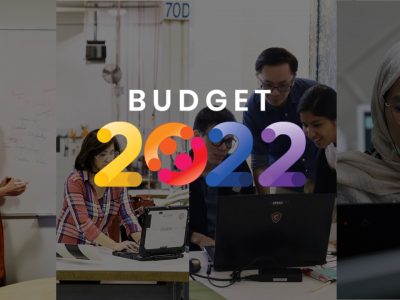
A Need for Strategic Calm
With Change Comes Opportunity


MALAYSIA GLOBAL BUSINESS FORUM TIES UP WITH SCOUTASIA









